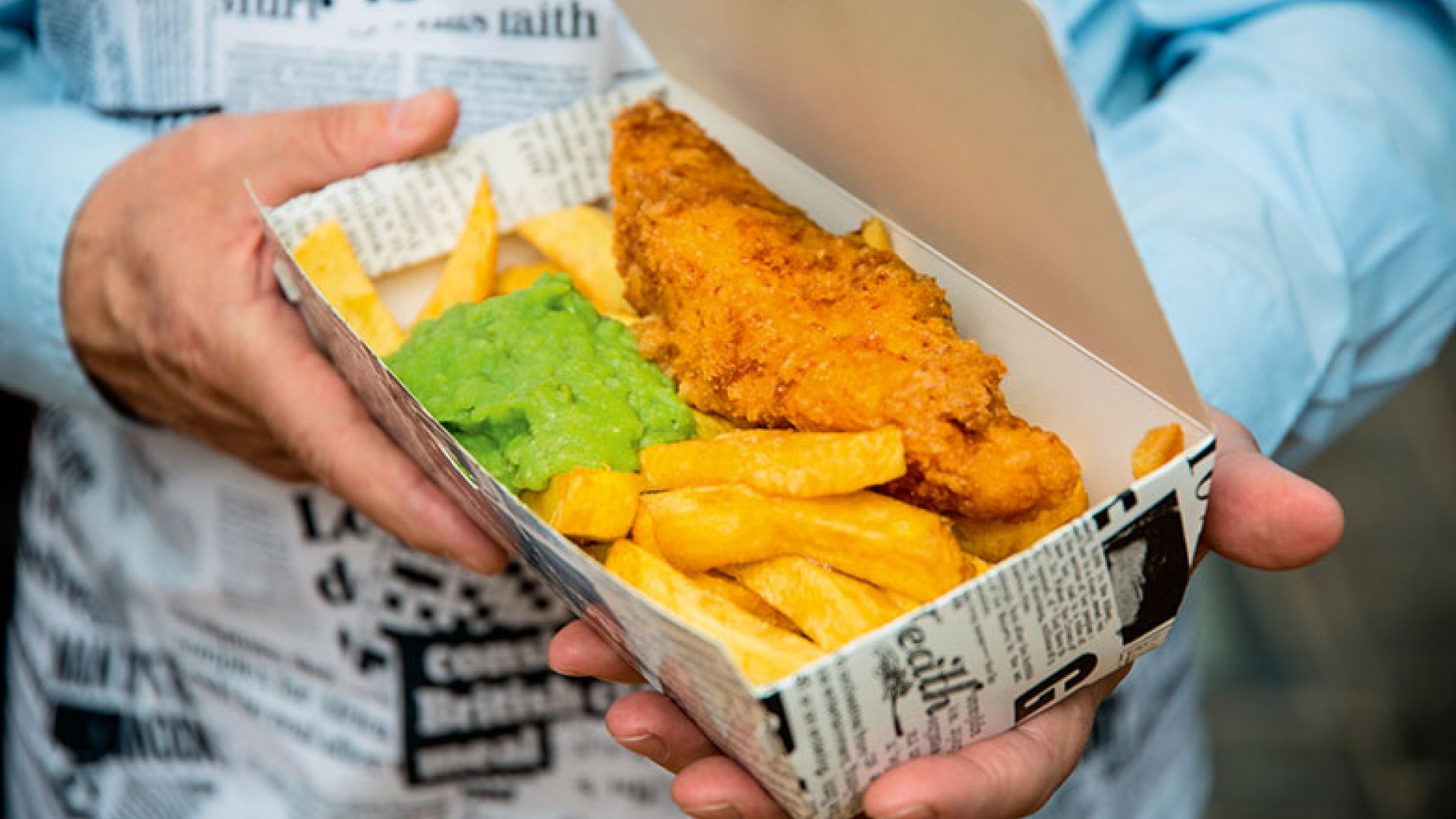|
On 10 August 2021, the European Commission published two amendments to Commission Regulation (EC) No 1881/2006 of 19 December 2006 setting maximum levels for certain contaminants in foodstuffs regarding lead and cadmium. Both amendments came into force on August 31, 2021, although foodstuffs on the market before this date may remain on the market until February 28, 2022.
Please note, update: Some maximum levels (MLs) of lead and cadmium were not new to the August amendments, including those for food supplements. What should have been reported is that the ML of lead for some of the foodstuffs has been set lower.
Lead
In the former (2006) regulation, a maximum level of lead applied to only two categories of foodstuffs, fats and oils (0.10 mg/kg) and infant formulae/follow-on formulae (0.020 mg/kg). While the 0.10 mg/kg limit still applies to fats and oils, the recent amendment expands the number of foodstuffs with a maximum level of lead and is of potential relevance to GOED members since it includes formula and foods marketed to infants and young children. In addition, there is now a maximum level of 3.0 mg/kg for food supplements, a category of foodstuffs not included in the original regulation. It’s important to note that this category includes retail encapsulated and bottled EPA/DHA-rich oils. See additional details in the table below.
Information taken from Commission Regulation (EU) 2021/1317 of August 9, 2021 amending Regulation (EC) No 1881/2006 as regards the new maximum levels of lead in certain foodstuffs.
| |
Foodstuffs
|
Maximum levels
(mg/kg wet weight)
|
|
3.1
|
Lead
|
|
|
3.1.2
|
Infant formulae, follow-on formulae and young child formulae
|
|
| |
marketed as powder
|
0.020
|
| |
marketed as liquid
|
0.010
|
|
3.1.3
|
Processed cereal-based foods and baby foods for infants and young children other than those listed under point 3.1.5
|
0.020
|
|
3.1.4
|
Foods for special medical purposes intended for infants and young children
|
|
| |
marketed as powder
|
0.020
|
| |
marketed as liquid
|
0.010
|
|
3.1.5
|
Drinks for infants and young children labelled and sold as such, other than those mentioned under points 3.1.2 and 3.1.4
|
|
| |
marketed as liquids or to be reconstituted following instructions of the manufacturer including fruit juices
|
0.020
|
| |
to be prepared by infusion or decoction
|
0.50
|
|
3.1.19
|
Fats and oils, including milk fat
|
0.10
|
|
3.1.24
|
Food supplements
|
3.0
|
Cadmium
In the 2006 regulation, no maximum level of cadmium applied to foodstuffs of interest to the omega-3 industry; however, the recent amendment includes formula and foods marketed to infants and young children. In addition, there is now a maximum level of 1.0 mg/kg for food supplements, which includes retail encapsulated and bottled EPA/DHA-rich oils (see table).
Information taken from Annex from Commission Regulation (EU) 2021/1323 of August 10, 2021 amending Regulation (EC) No 1881/2006 as regards the new maximum levels of cadmium in certain foodstuffs.
| |
Foodstuffs
|
Maximum levels
(mg/kg wet weight)
|
|
3.2
|
Cadmium
|
|
|
3.2.16
|
Infant formulae, follow-on formulae and foods for special medical purposes intended for infants and young children and young child formulae
|
|
|
3.2.16.1
|
— marketed as powder and manufactured from cow’s milk proteins or from cow’s milk protein hydrolysates
|
0.010
|
|
3.2.16.2
|
— marketed as liquid and manufactured from cow’s milk proteins or from cow’s milk protein hydrolysates
|
0.005
|
|
3.2.16.3
|
— marketed as powder and manufactured from soya protein isolates, alone or in a mixture with cow’s milk proteins
|
0.020
|
|
3.2.16.4
|
— marketed as liquid and manufactured from soya protein isolates, alone or in a mixture with cow’s milk proteins
|
0.010
|
|
3.2.17
|
Young child formulae
|
|
|
3.2.17.1
|
— marketed as powder and manufactured from plant protein isolates other than soya protein isolates, alone or in a mixture with cow’s milk proteins
|
0.020
|
|
3.2.17.2
|
— marketed as liquids and manufactured from plant protein isolates other than soya protein isolates, alone or in a mixture with cow’s milk proteins
|
0.010
|
|
3.2.18
|
Processed cereal-based foods and baby foods for infants and young
|
0.040
|
|
3.2.19
|
Drinks for infants and young children labelled and sold as such, other than those mentioned in 3.2.16 and 3.2.17
|
|
|
3.2.19.1
|
Marketed as liquids or to be reconstituted following instructions of the manufacturer including fruit juices
|
0.020
|
|
3.2.20
|
Food supplements
|
|
|
3.2.20.1
|
Food supplements, except food supplements listed in point 3.2.20.2
|
1.0
|
|
3.2.20.2
|
Food supplements consisting exclusively or mainly of dried seaweed, products derived from seaweed, or of dried bivalve molluscs
|
3.0
|
Note that the GOED Voluntary Monograph includes a limit for lead of less than 0.05 mg/kg and cadmium of less than 0.1 mg/kg.
|

